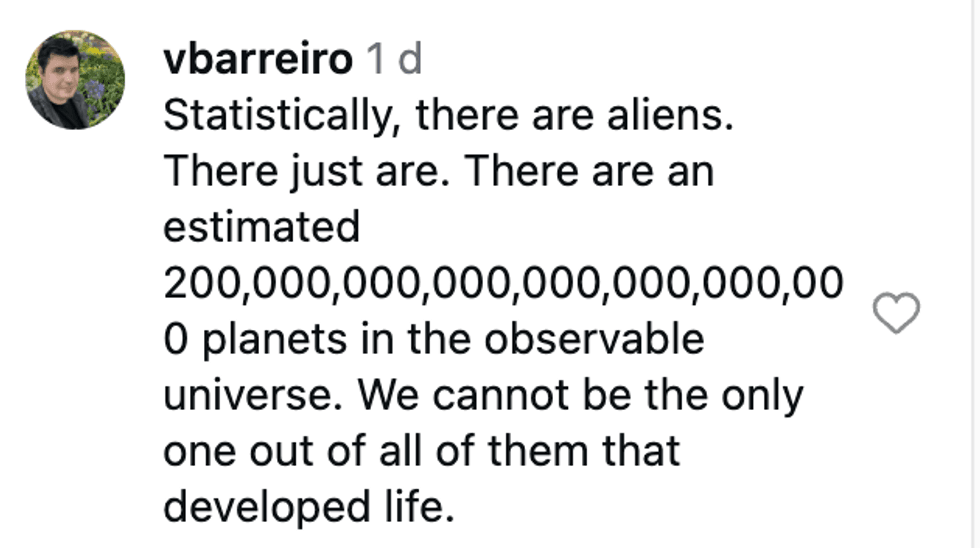Speaking at a rally in Florida, President Donald Trump revived talk of abolishing birthright citizenship, calling the Constitution's citizenship clause a "crazy policy" and telling those in attendance that “illegal immigrants are not subject to the jurisdiction of the United States.”
That statement was soon turned on its head by attorney George Conway, the husband of White House counselor Kellyanne Conway.
"To say that "illegal immigrants are not subject to the jurisdiction of the United States" is just drivel," he wrote, noting that if the president's claim had merit, then the government would not be able to arrest them.
Others concurred with Conway's assessment, particularly in light of a Washington Post op-ed he wrote with Neal Katyal, the former acting solicitor general of the United States in which they noted that Trump's pledge to abolish birthright citizenship is not only unconstitutional but at odds with decades of legal consensus.
Earlier this week, the president signaled he would sign an executive order that would seek to end the right to U.S. citizenship for children born in the United States to noncitizens.
“How ridiculous, we’re the only country in the world where a person comes in, has a baby, and the baby is essentially a citizen of the United States for 85 years with all of those benefits,” the president told Axios as part of an HBO series set to air this weekend. “It’s ridiculous. It’s ridiculous. And it has to end.”
Trump said he has discussed ending birthright citizenship with his legal counsel. He believes the move can be accomplished with executive action; legal scholars, however, disagree.
“It was always told to me that you needed a constitutional amendment. Guess what? You don’t,” Trump said. “You can definitely do it with an act of Congress. But now they’re saying I can do it just with an executive order. It’s in the process. It’ll happen… with an executive order.”
The president’s comments are largely seen as an attempt to whip up support for Republican candidates ahead of the midterm elections, in which immigration is a key issue for the GOP base. The move earned a harsh rebuke from the American Civil Liberties Union.
The National Immigration Law Center also condemned Trump’s statements as “a cheap attempt to score political points before next week.”
The 14th Amendment of the U.S. Constitution provides that “all persons born or naturalized in the United States, and subject to the jurisdiction thereof, are citizens of the United States and of the State wherein they reside.”
The Supreme Court, in United States v. Wong Kim Ark, upheld this rule for legal permanent residents. The court has never decided a citizenship case involving an illegal immigrant or a short-term visitor to the United States.
The president is also incorrect in his assertion that the U.S. is “the only country in the world” which grants birthright citizenship. The United States observes unrestricted jus soli––”right of soil”––which is the right of anyone born in the territory of a state to nationality or citizenship.
And so do other countries, including but not limited to Antigua and Barbuda, Canada, Chile, Ecuador, El Salvador, Guyana, Jamaica, Mexico, Pakistan, Uruguay, and Venezuela.
Other countries follow restricted jus soli, requiring that at least one of the child’s parents be a citizen, national or legal permanent resident of the state in question at time of the child’s birth. Jus soli has been restricted in several countries, including Australia, Colombia, France, Germany, Greece, Iran, Malaysia, New Zealand, Spain, and the United Kingdom.
India and Malta abolished jus soli after observing it entirely. India’s decision was a reaction to illegal immigration from Bangladesh. Malta now observes jus sanguinis, which determines citizenship by having one or both parents who are citizens of the state.
















 @mehcadbrooks/Threads
@mehcadbrooks/Threads
 @lamorne/Instagram
@lamorne/Instagram @bigbeaubrown/Instagram
@bigbeaubrown/Instagram @musiccitykristy/Instagram
@musiccitykristy/Instagram @phil_torres/Instagram
@phil_torres/Instagram @vbarreiro/Instagram
@vbarreiro/Instagram @franklinjleonard/Instagram
@franklinjleonard/Instagram @br1an02/Instagram
@br1an02/Instagram @ohhelloitsmax/Instagram
@ohhelloitsmax/Instagram @frecklesmarie/Instagram
@frecklesmarie/Instagram